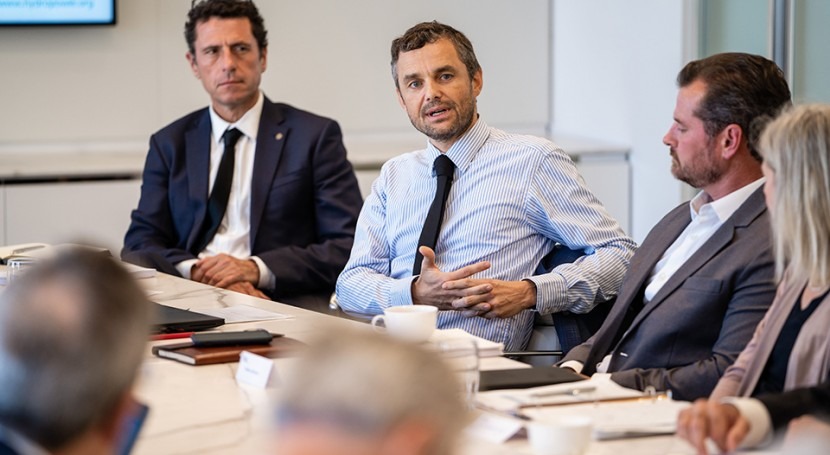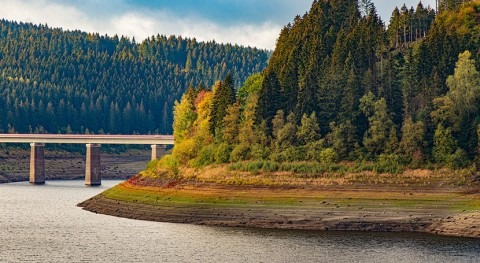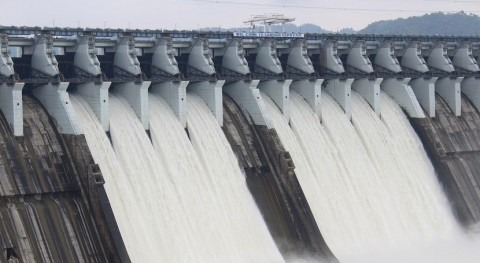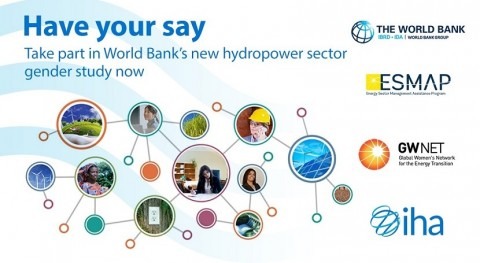Óli Grétar Blöndal Sveinsson is an Executive Vice President at Landsvirkjun, whose role is to manage the preparation of new projects and conduct research on existing power systems.
Óli has a degree in physics from the University of Iceland, followed by a master’s and doctorate in civil engineering specialising in hydrological processes from Colorado State University. He has also completed postgraduate work at the International Research Institute for Climate Prediction, Columbia University, and been a college and university lecturer.
Óli’s passion for hydropower and renewable energy reflects in the enthusiasm he displays while talking to IHA about the industry.
“Most of my life has been around hydrology and hydropower,” he reflects. “I started out as a hydrologic surveyor during summer vacations while studying for a degree in physics and later civil engineering with a focus on hydrology and hydropower.”
Iceland’s power generation is 100 per cent renewable from hydropower, geothermal and wind sources, a fact which clearly makes Óli very proud.
During his career, he has been involved in constructing multiple renewable hydroelectric, geothermal and wind projects, with the largest project being the 700 MW Karahnjukar HEP commissioned in 2007.
However, Óli counts Landsvirkjun receiving the IHA Blue Planet Prize for excellence in hydropower sustainability - for the operation of the Blanda hydropower station in 2017 - as one of his proudest moments.
Achieving sustainability in hydropower is not easy, he admits. “Hydropower harnesses the power of flowing rivers and hydropower projects can have negative impacts on aquatic life, environment, land use and other competing water usage,” Oli explains.
“As such, the number of stakeholders can be high, making it a lengthy process to prepare and launch a successful project that is deemed acceptable in terms of overall positive and negative impacts. There is always a debate on who is benefitting.”
Nonetheless, Óli remains optimistic about the future of the hydropower sector, which he believes should play a key role in the management of water use and adaptation to climate change by mitigating the effects of severe droughts and floods.
“Hydropower is the most flexible and efficient renewable energy sources available,” he says. “It can play a key role in the creation of 100 per cent renewable power systems.”
Through the years, Óli, who was elected Vice President of IHA in September 2019, has acquired deep expertise in the hydropower sector. “I think it is important to work together and share experience and knowledge,” he says.
“By becoming an IHA Fellow, I have joined a club of experts that know everything there is to know about hydropower.”



















